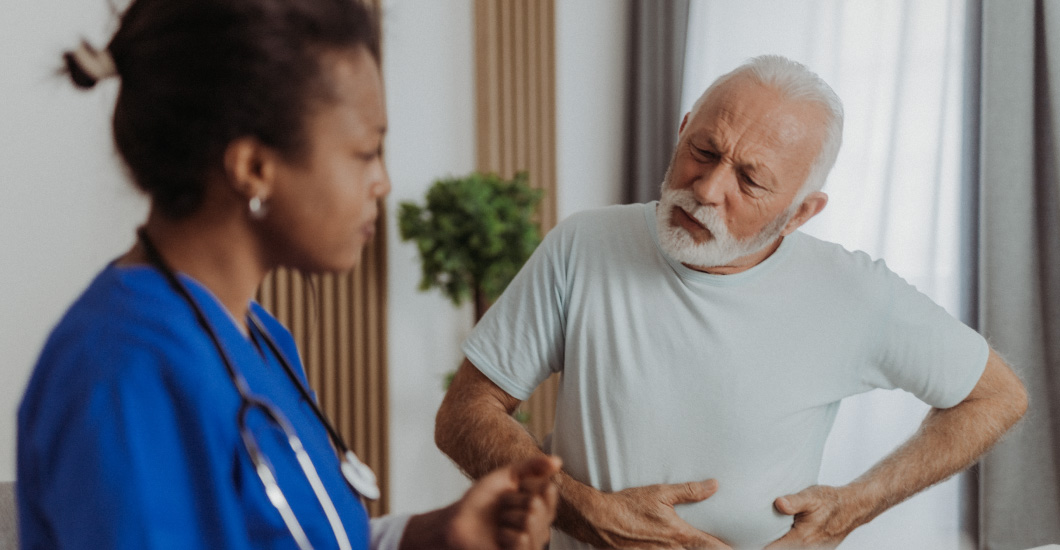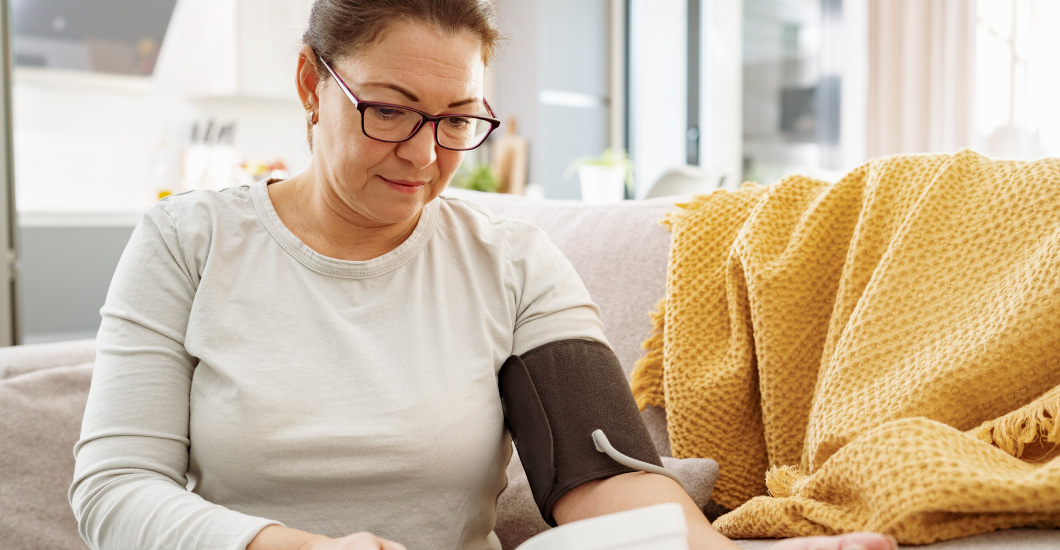Colon cancer is a big health problem. It is one of the most common cancers in the U.S. and is the third leading cause of death worldwide. Luckily, there are currently many ways of screening for colorectal cancer in its early stages and successfully treating it.
But what is colorectal cancer? And how do you know if you should be worried about it? Below we go over everything you need to know about colon cancer – from symptoms and risk factors to treatment options
What is colon cancer?
Cancers are conditions characterized by the appearance of abnormal cells in different parts of the body. These cells (called cancerous cells or malignant cells) grow fast-forming tumors which then spread through the blood and can affect other parts of the body.
In colorectal cancer, malignant cells start in the colon (known as the large intestine) or the rectum, and as they grow and spread, they cause a variety of symptoms.
Am I at risk of having colon or rectal cancer?
As with many other cancers, the risk of developing it increases as you age. It becomes more common in people older than 50 years of age but can appear in younger people (45 years old or younger) if they have certain risk factors.
The following risk factors can increase your chances of developing colorectal cancer:
- Inflammatory bowel disease like Crohn's disease or ulcerative colitis.
- Personal or family history of colorectal cancer or polyps. Polyps are masses of cells that form and grow in the tissues that cover the mucous membranes of the body’s cavities and are attached to them by a peduncle or narrower base.
- Lack of regular physical activity (sedentary lifestyle).
- Diet. A diet low in fruits, vegetables, and fiber or high in fat and processed meats can increase your colon cancer risk.
- Being overweight or obese. Obesity can increase your chances of developing many different types of cancer.
- Regular alcohol consumption.
- Smoking.
The good news is that you can do a lot of things to reduce your risk of colon cancer including exercising, moderating your alcohol intake and maintaining a healthy diet that contains a variety of fruits, vegetables, and whole grains.
Keep in mind these other recommendations that will help you prevent colon cancer, and remember: It is never late to start!
• Avoid tobacco and smoke exposure. if you’re a smoker, talk to your primary care provider about quitting.
• Exercise frequently. For at least 30 minutes 3 times per week.
• Maintain a healthy weight.
• Visit your doctor to undergo colorectal cancer screening.
Remember: Always talk to your doctor prior to making any major lifestyle changes.
How do I know if I have colon cancer?
A lot of people with colon cancer do not have any symptoms until the cancer has spread (growing in other parts of the body). Also, some symptoms are very mild or can be confused with other conditions.
Therefore, it is very important that you seek medical attention if you have any of the following symptoms:
- Change in bowel habits. For example, if you constantly get diarrhea or you are suffering from constipation and you need to take medication to have a bowel movement.
- Inadequate consistency of feces. It is very important to know the usual shape, color, and characteristics of your stools, so you can notice any changes. They should be soft enough to not hurt you and solid enough to not be considered diarrhea. This can save your life, just take a look at your stools.
- Blood in your stool. Blood in your stool can show up as different colors. It can be bright red, red with or without clots or black. If you notice what looks like blood in your stool, contact your Sanitas doctor.
- Abdominal discomfort. This refers to abdominal pain, colicky pain, bloating, feeling full or heavy all of the time, having cramps, a constant feeling of nausea or frequent vomiting.
- Anemia. Having a low red blood cell count. This affects the delivery of oxygen and energy to the body.
- A sensation of a mass in the colon and rectum or anus
- Unexplained weight loss. This symptom refers to unwanted and fast weight loss that appears in a matter of weeks or a few months.
- Constant fatigue (meaning you feel exhausted all the time): In today's world, this symptom is very common, but generally with some time off to rest, people recover. If after taking some rest you do not recover, it is important to visit your doctor.
Do I need to get tested for colorectal cancer?
If you have any of the symptoms mentioned above, you should speak with your doctor. Your doctor will ask you some questions and perform a physical examination to find out what is causing the symptoms and if you need any specific tests.
Based on your age and risk factors your doctor may recommend a colorectal cancer screening test, even if you look and feel totally healthy. Screening tests for rectal and colon cancer include:
Colonoscopy: In this procedure a small camera is used to look for polyps or cancer inside the rectum and the entire colon (large intestine). Small masses like polyps can be detected and removed during the procedure and checked for malignancy with a biopsy.
Based on the results and your risk factors, your doctor may recommend that you undergo a colonoscopy periodically to make sure everything is fine.
Stool tests: Some of them look for blood in feces and others seek to detect malignant cells in the stool.
Depending on the test you may be asked to repeat it yearly or every 3 years. If the test is abnormal your doctor may recommend you to get a colonoscopy done.
What happens if you are diagnosed with colon cancer?
Cancer treatment depends on several things, like the type of cancer and how advanced it is. Cancers that are found early can often be treated during the colonoscopy or with small surgery to remove the mass. For certain types of cancer and more advanced diseases, there are other options that your doctor may consider, such as:
- Chemotherapy: Is the use of special medicines to shrink or kill cancer cells. It can be administered via pills or IV medicines. This treatment can have adverse effects such as loss of hair, fatigue, nausea, or vomiting, among others.
- Radiation therapy: It uses high-energy rays (like X-rays) to kill the tumor.
Prevention is crucial!
Remember, having a healthy lifestyle will help you reduce your risk of colon cancer. Your dedicated Sanitas care team is here to help you make the lifestyle changes you need to live your healthiest life and make sure you receive the screenings you need to catch any issues early on.
Schedule your next appointment today to talk to your doctor about which cancer screenings may be right for you.
Consult your doctor if you have any symptoms and concerns.



